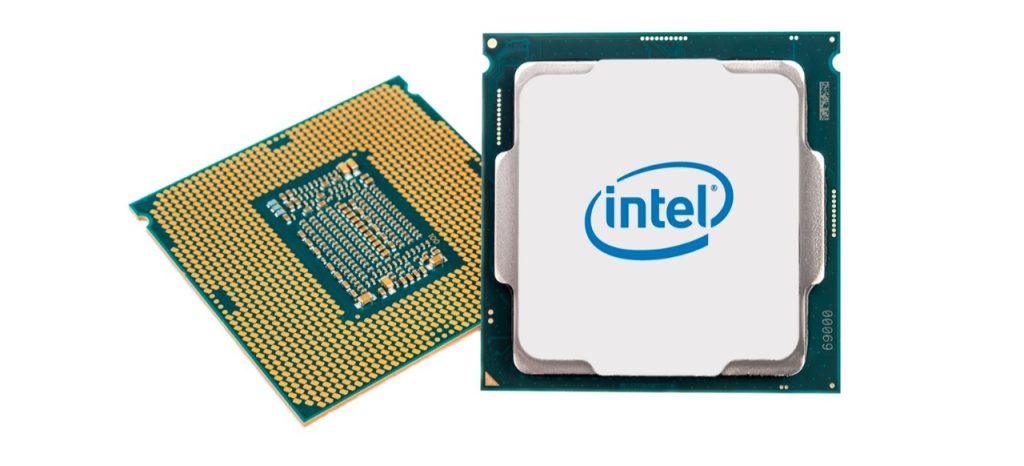Intel has released more information about “Arc Alchemist” GPUs. While graphics cards for laptops will appear this quarter, desktop owners will have to wait until the second quarter of this year. Intel Arc cards are an attempt by Intel to compete with technology giants Nvidia and AMD. Intel seems to be getting serious about this, as it has been confirmed that graphics cards will span across multiple generations of hardware. Additionally, the graphics cards have their own super sampling technology, XeSS, with which Intel aims to compete with AMD’s Fidelity FX Super Resolution and Nvidia’s DLSS. Intel has also already confirmed that many developers will support these developers.
You were all patient, and the first wave of #IntelArc GPUs will be released soon for laptops. Desktops and workstations will soon follow! https://t.co/rXgX9dGEL1 pic.twitter.com/F6ubSUzSHM
– Intel Graphics (IntelGraphics) Feb 17 2022
In addition, Intel announced in the “Project Endgame” blog post how IGN . Reports. This is a new cloud service for graphics cards. It is supposed to be released later this year. Unfortunately, there is little information about Project Endgame, but it is conceivable that this is Intel’s answer to GeForce Now, Nvidia’s cloud gaming service. With Geforce Now, gamers can harness the power of their RTX 3080 without actually owning it. There are also clues when it comes to Intel Arc Alchemist performance. The first leaks suggest that the graphics card can keep up with Nvidia’s RTX 3070 Ti and sometimes even beat it. There is also talk of up to 16 GB of VRAM and 16 GB of GDDR6 memory. Intel’s announcement comes at a time when semiconductors are still in short supply, causing supply bottlenecks and higher prices for graphics cards from the competition.

“Travel maven. Beer expert. Subtly charming alcohol fan. Internet junkie. Avid bacon scholar.”







More Stories
The Rabbit R1 AI device is officially launched, demonstrating the CEO's grand vision WIRED.jp
“Transformers” and 8 Google employees who changed the history of artificial intelligence WIRED.jp
How to release iPhone/iPad from DFU mode and what to do if you can't restore |. AnyFix 2.2.4.1 announced | iMobie press release